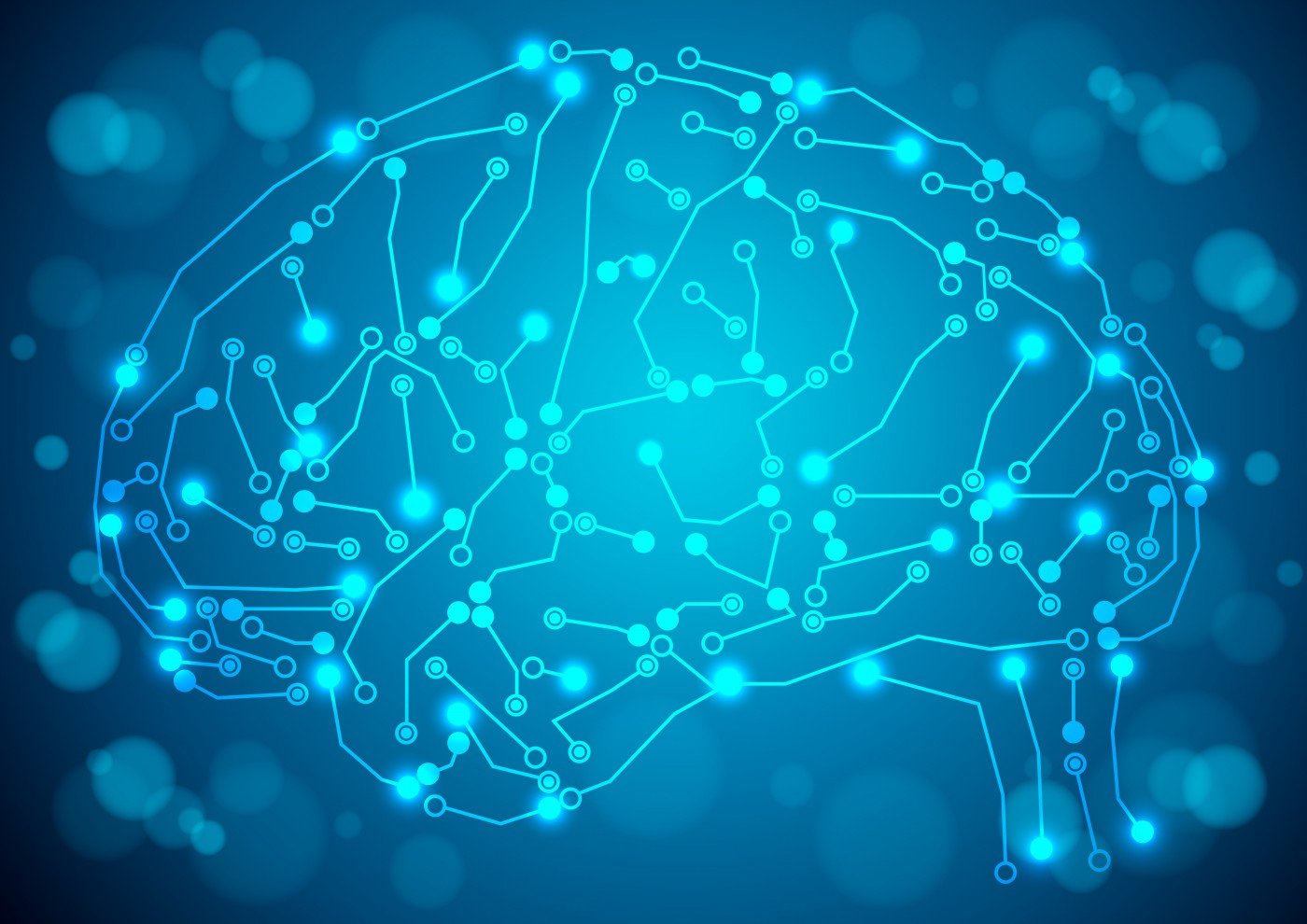ALS Patients Shift Cognitive Function Away from Brain Regions with Neuron Loss, Study Shows

ALS patients compensate for neuron loss in some brain regions by stepping up activity in other regions, according to a study.
The finding suggests that analyzing patients’ brain networks could help doctors determine the state of their disease and monitor its progression.
The study, “Functional reorganization during cognitive function tasks in patients with amyotrophic lateral sclerosis,” was published in the journal Brain Imaging and Behavior.
Previous studies have suggested that an ALS patient’s brain network functions differently from that of healthy people, but little has been known about the differences.
“The aim of this study was to test the hypothesis that ALS patients demonstrate changed cortical patterns during tasks of social cognition and executive function,” researchers wrote. “This indicates a process of early adaptation to potential neuronal loss which might compensate [for] cognitive deficits to a certain degree. Only after this threshold is exceeded [can] cognitive and/or behavioral impairments manifest” themselves.
The team assessed cognitive and behavioral anomalies in 65 ALS patients and 33 healthy controls who were matched for age, gender and education. The yardstick the scientists used to measure brain function was Edinburgh Cognitive and Behavioral ALS Screen (ECAS) scores.
Researchers also used functional magnetic resonance imaging (fMRI) to look at brain activity in patients’ cortex region in certain situations. One was social cognition, or how people process, store, and apply information in social situations. Another was executive function, a set of mental skills that help people get things done, such as being able to count.
ALS patients had lower ECAS scores, researchers said. They also had worse scores in sub-components of cognitive function, such as language, verbal fluency, visual and spatial perception, and executive function. Their memory levels were about the same as the controls’, however.
ALS patients also had increased activity in brain regions governing the activities, compared with controls.
Researchers also discovered that ALS patients with high cognition abilities had more activity in their frontal brain areas, such as the cortex, than patients with low cognition abilities. Patients with behavior anomalies also had higher neuron activity in certain brain areas than patients with normal behavior.
Together, the results support the notion that ALS patients may realign their brain activities to carry out cognitive function tasks. The realignment involves shifting activities that would normally occur in brain regions that have lost neurons to other regions.
When neuron loss reaches a certain level, the brain can no longer shift cognitive functions to regions with more neurons, researchers said. That is the point when manifestations of ALS become apparent.
The findings “could provide an interesting and potentially useful biomarker for further fMRI research in this field,” researchers wrote.






